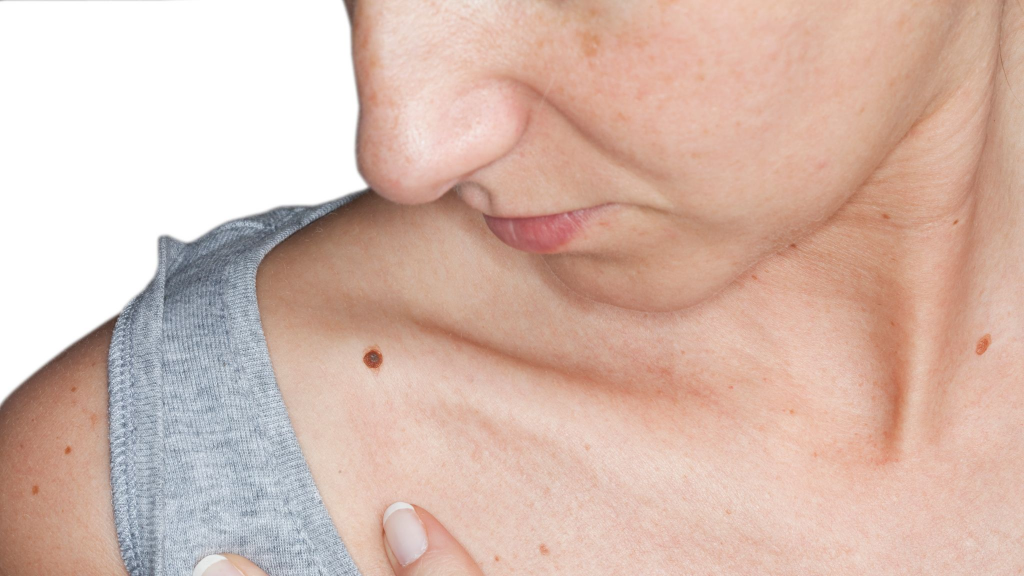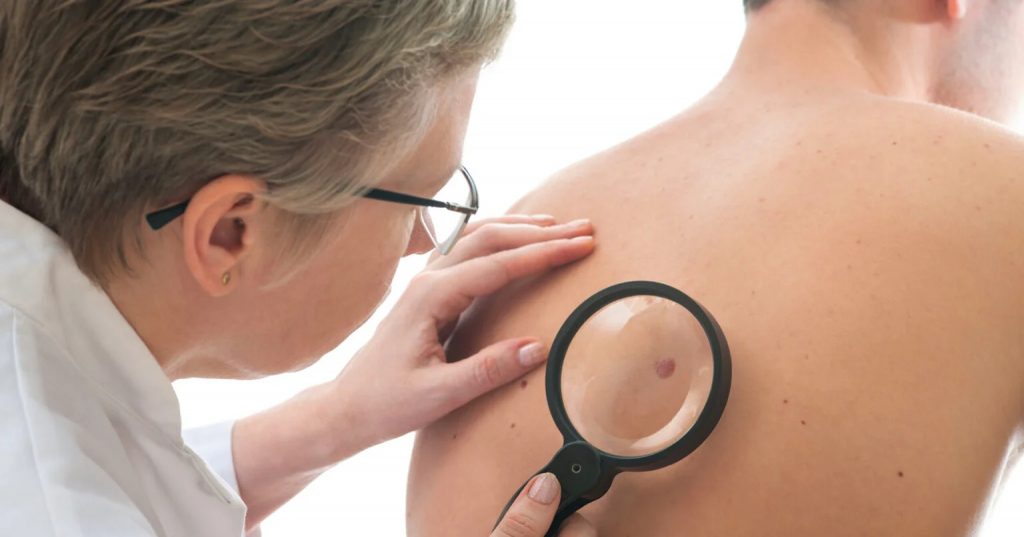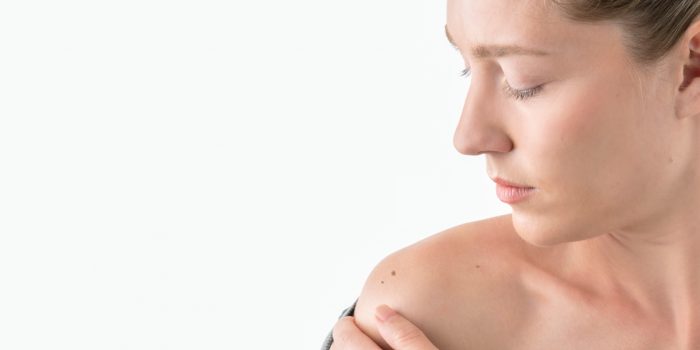The National Health Service (NHS) in England is set to introduce a groundbreaking smartphone camera lens that could significantly expedite skin cancer diagnosis. By transforming a smartphone into a microscope, this small lens enables doctors to capture high-resolution photos of moles or skin lesions without requiring patients to visit a hospital. With the potential to double the number of patients doctors can examine in a day, this technology aims to reduce referrals, shorten waiting lists, and accelerate treatment.
Amanda Pritchard, the Chief Executive of NHS England, believes that this compact device could have a profound impact on the diagnosis and treatment of tens of thousands of individuals affected by skin cancer. Recognizing the mounting pressure faced by healthcare services due to increased demand, Pritchard emphasizes the importance of embracing digital technology and innovative approaches to alleviate the strain on resources and reduce waiting times.

In the United Kingdom alone, 600,000 people were referred for skin checks last year, representing a 9% rise from the previous year. Moreover, 56,000 patients received treatment for this potentially lethal disease. The introduction of the smartphone camera lens is expected to streamline the diagnostic process, potentially leading to earlier detection and intervention, which are crucial in improving outcomes for patients with skin cancer.
In addition to this revolutionary lens, the NHS is also exploring the use of artificial intelligence (AI) to aid in skin cancer assessments. One such AI tool being tested is Deep Ensemble for the Recognition of Malignancy (DERM). By analyzing magnified images of skin lesions, DERM employs sophisticated algorithms to determine the presence of cancer. The aim is to compare the tool’s conclusions with those of human doctors, ensuring its accuracy and reliability.

Neil Daily, the CEO of Skin Analytics, the company behind DERM, expresses enthusiasm about the NHS’s decision to implement this technology to support teledermatology. By enabling easier access to skin cancer assessments, DERM has the potential to help hospitals examine more patients promptly, aligning with the NHS’s commitment to embracing cutting-edge technologies and advancing dermatology pathways.
The integration of the smartphone camera lens and AI-powered tools like DERM heralds a new era in skin cancer diagnosis, providing hope for improved patient outcomes, reduced waiting times, and more efficient healthcare delivery.


